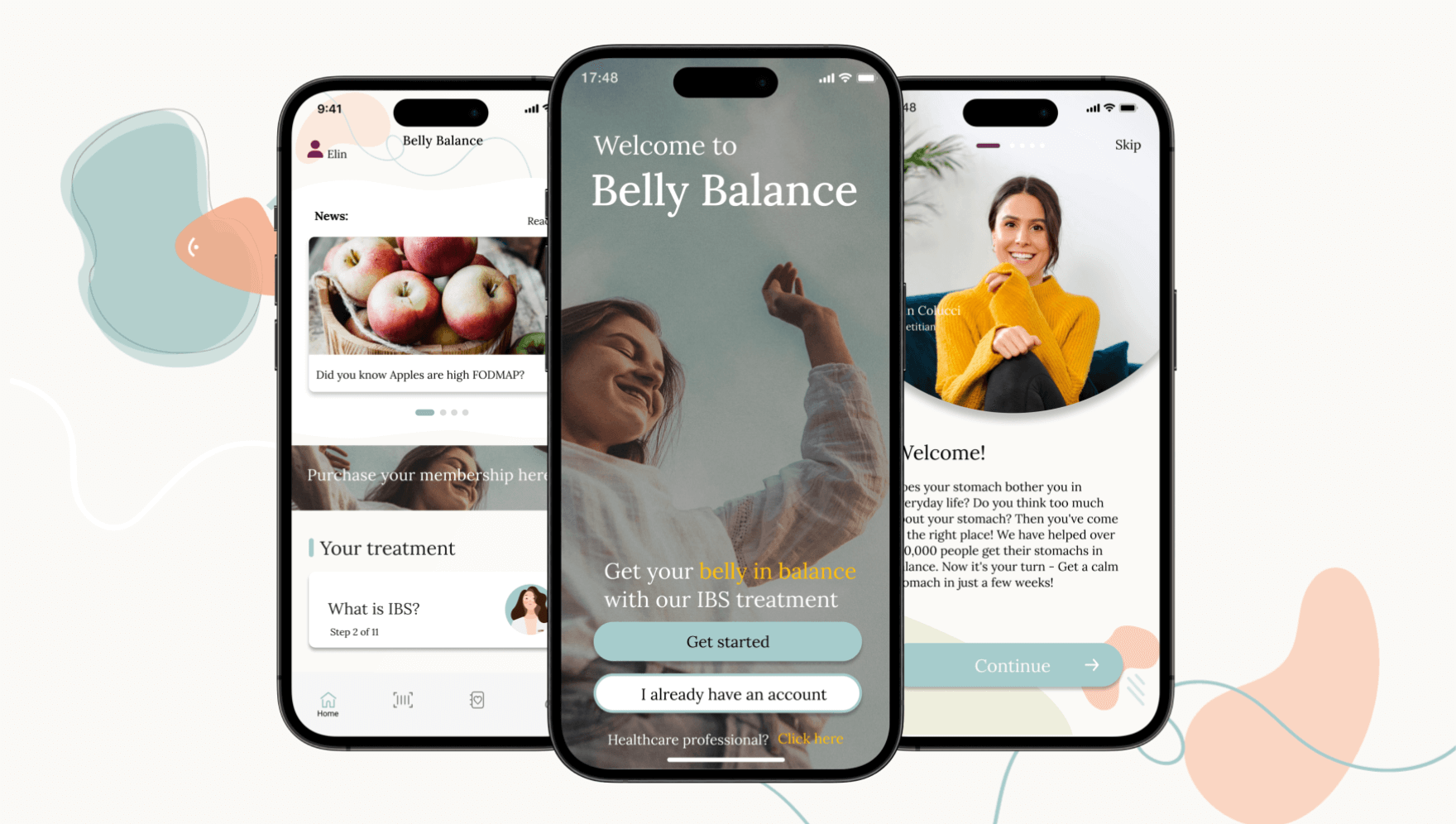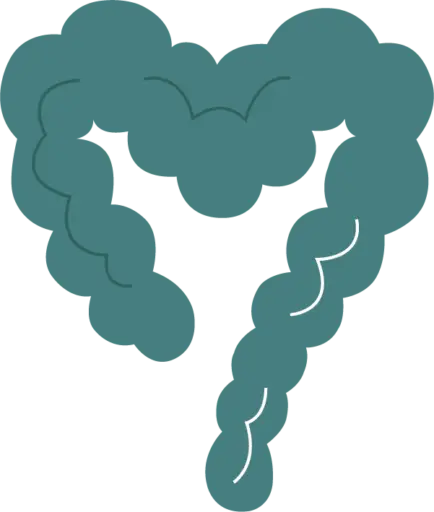
Endometriosis
Endometriosis and diet are actually connected. We often meet women who believe that it is IBS (Irritable Bowel Syndrome) causing their stomach issues, only to find out after further investigation that it is endometriosis. The two conditions have some similarities and are easy to confuse. Many have no idea what endometriosis is, and unfortunately, not all doctors recognize the symptoms either.
Endometriosis can cause symptoms such as bloating, abdominal pain, diarrhea, constipation, and changes in bowel function. Since the symptoms overlap with those of IBS, the diagnoses can easily be confused. Therefore, it may take time before one receives the correct diagnosis and thus the appropriate treatment. Studies show that about 36% of all women diagnosed with IBS also have endometriosis.
Affects 10% of all women
Endometriosis affects 1 in 10 women of childbearing age. The cause of the disease is still unknown, and the condition occurs when cells from the uterine lining begin to grow outside the uterus and around other organs such as the fallopian tubes and ovaries, as well as around abdominal organs, the bladder, and the small and large intestines. This can cause inflammation, which may irritate the intestines and lead to IBS-like symptoms. Other common symptoms include episodes of severe pain and cramps, often linked to ovulation and menstruation. Back and pelvic pain can also occur, as well as mood swings, fatigue, and pain during intercourse.
The disease is usually diagnosed through laparoscopic surgery, during which it is often removed, providing symptom relief for most patients. Endometriosis is dependent on estrogen for growth, so treatment focuses on reducing the amount of estrogen in the body. In healthcare, treatments such as birth control pills are used, while in alternative medicine, the focus is more on increasing the amount of progesterone in the body. This is achieved partly through the use of progesterone cream and partly by providing nutrients (zinc, B vitamins, iron) that naturally raise progesterone levels in the body.
Endometriosis and diet
Dietary changes are an important part of the treatment. Some choose an anti-inflammatory diet, while others eliminate sugar, gluten, and milk protein. However, there are now several studies showing that FODMAP is an effective treatment for reducing symptoms even in cases of endometriosis. Successfully reducing pain and discomfort is important for improving quality of life, even though the underlying cause of the disease cannot be influenced by FODMAP.
Take control of your IBS today!
Are you ready to get your life back? Our app provides the tools and guidance you need to manage IBS effectively.
Try for freeSofia Antonsson
Reg. Dietitian, Belly Balance
Read more about

IBS - What is it?
Bloated , constipated or having a gassy stomach? IBS or Irritable Bowel Syndrome is a functional gastrointestinal disorder, meaning no physical issues can be found in the stomach or intestines; they just don’t function quite as they should.

How the app works
Download the app and become part of our community. We assist you in achieving a calm and happy stomach through treatment and tools available directly in the app.

About FODMAP
By learning which foods upset your stomach, you can make conscious choices and get quick symptom relief. With the low FODMAP diet, you receive structured assistance in understanding which foods your body tolerates better than others. No more guessing and pondering – you get the answer straight away!

